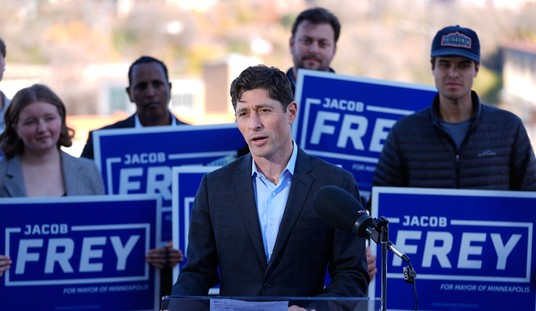Politicians have been quick to crow about the success of the Cash for Clunkers program and its stimulative effect on automotive sales, and compared with dumping over $80 billion into AIG’s black hole, I suppose Clunkers seems like a home run. Thousands of consumers have benefited, cashing in their trades for $3,500 to $4,500.
But most of the auto dealers have been left trying to get reimbursed by the hastily conceived bureaucracy.
For some, it’s hard to work up a lot of sympathy for car dealers. Aren’t these the same miscreants that folklore suggests are less fun to experience than a root canal? Of course, most new car dealers are hardworking entrepreneurs who toil in a hyper-competitive business with high capital costs and modest returns. And with the recent turmoil in the car business, those who survived have struggled to stay afloat.
So the government-driven demand for new cars should be a welcome boon to business, but for most it’s become a boondoggle of paperwork submitted to too few government new hires — who reject 80 percent of the submissions. And even those forms that are correct in every way are still unpaid, leaving dealers who have worked the hardest on the program facing enormous cash flow problems.
Some have had to stop doing deals because they couldn’t float the feds any longer.
When this program was put into place, the Department of Transportation’s National Highway Traffic Safety Administration issued 136 pages of rules, followed by a 20 page amendment, to guide participants. With tongue firmly in cheek, the NHTSA folk claim that this sizeable stack of documents conforms to the government’s Paperwork Reduction Act. That’s a relief.
Among other requirements, the rules assure that participating dealers will be reimbursed within ten days, but that just didn’t happen. Transportation Secretary Ray LaHood held a news conference on August 4 and claimed that payments have begun dispersing after “computer glitches” were fixed. LaHood also claimed that other website problems were addressed and processing should go smoother.
The bill that Congress passed authorized $50,000,000 of the first $1 billion for administration, an amount that most reasonable people would find generous even by beltway standards. But it was only after the system began imploding, and the National Automobile Dealers Association along with a few members of Congress raised a fuss, that NHTSA officials increased the number of people processing transactions from 200 to 1,200 to clear the logjam. In the meantime, no one predicted when the money would run out.
Under the circumstances, it’s little wonder that a few dealers decided to share their uncertainty with Clunker customers by asking for a signed agreement to assure that the dealership would be compensated if the government rejected the deal. Under the rules, the Clunker trade’s engine would be zapped and the vehicle scrapped. When hearing of these documents, NHTSA quickly posted an advisory on its Cars.gov website for consumers to not sign contingency agreements and that the dealer must allow the customer to take immediate possession of the new car if it’s in stock. Consumers are urged to report non-conforming dealers by dialing a CARS hotline, assuming they have the legendary patience of the biblical Job.
If the majority of the 80 percent of Clunkers credit submissions that have been rejected by overwhelmed bureaucrats are remedied soon, perhaps then we’ll know how much money, if any, is left in the pot. NHSTA officials have made it clear that when the money is gone, any pending deals will not be honored.
Patricia Oladeinde, an agency spokeswoman, told a San Francisco Chronicle reporter that a “real-time ticker” would let dealers know how much money was left in the pot. But dealers surveyed have no access to such a ticker, and the same spokeswoman stated that access was not available to the public or inquiring reporters.
If the Clunkers program was run like this by private enterprise, it would be a full employment act for lawyers. Of course, you can’t sue Uncle Sam unless he agrees to the suit. And don’t expect anyone in the government to do hard time, or even apologize, for causing a few dealers to bite the dust when this “successful” program ends.








Join the conversation as a VIP Member